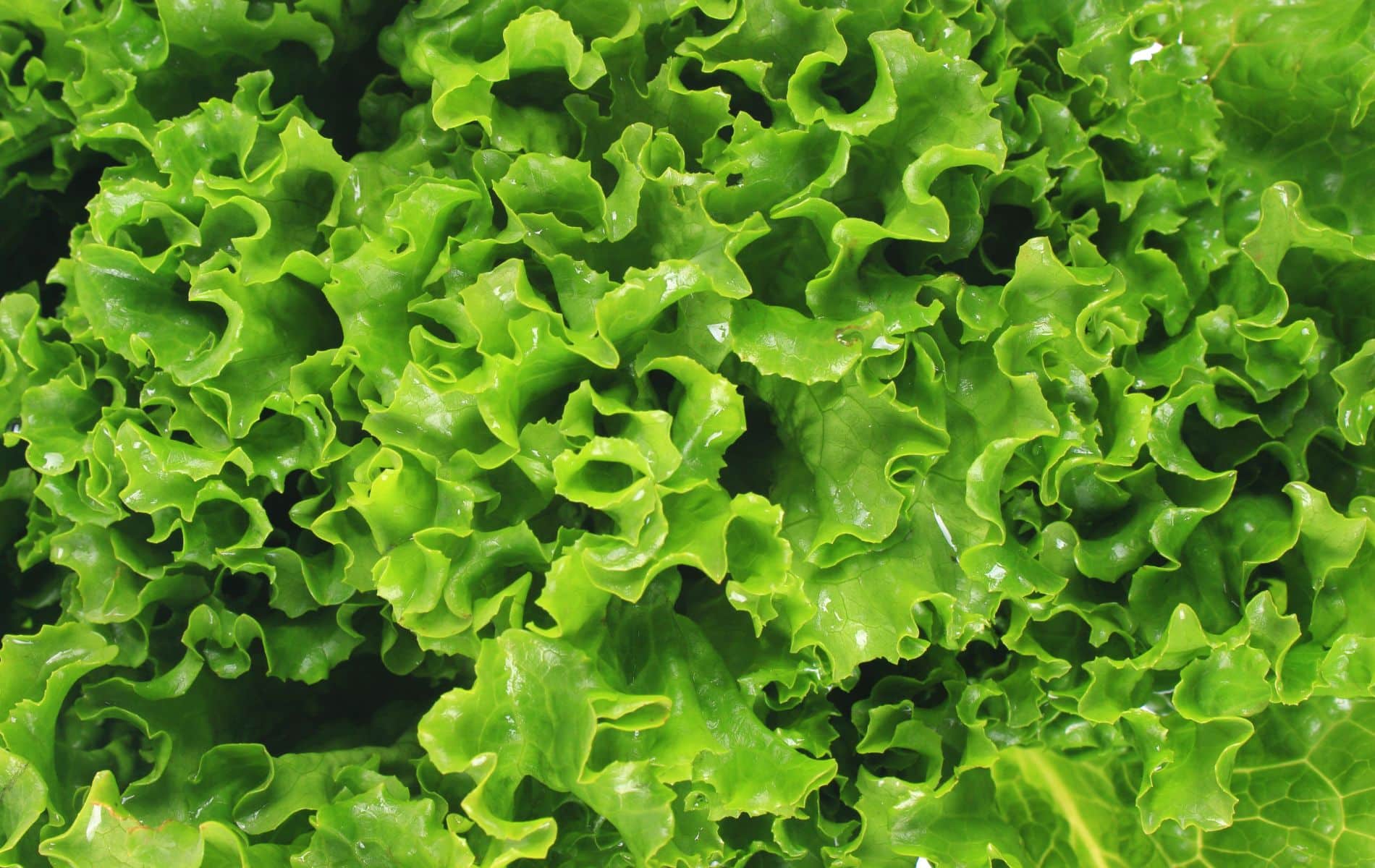It's been several years since fresh lettuce was officially added to the Dutch astronauts' menu International Space Station (International Space Station). Although lettuce is very healthy on Earth, scientists have now discovered that it is a little different for astronauts.
If you visit the International Space Station as an astronaut, you'll have a whole menu to choose from. There are tortillas, dried coffee, as well as fresh lettuce that has been grown locally in special grow rooms for a number of years. However, the researchers identified a problem: Lettuce in space responds differently to invading bacteria than lettuce on Earth. To better illustrate the problem, lettuce plants use stomata on their leaves and stems to breathe, just like many other types of plants. It is normal for a lettuce plant to shut down defensively when dangerous bacteria, e.g coli bacteria Or salmonella bacteria. Scientists have now discovered that lettuce becomes disoriented in zero gravity, causing the stomata to remain open at all times – and therefore also when dangerous bacteria approach. These bacteria could pose a (serious) health risk if astronauts start consuming lettuce. The research has been published in the journal Scientific reports.
Microbes
Scientist Kali Knell contributed to the research. “There's always a risk of bacteria being transferred to places people go,” explains Knell. “So we must be prepared and protect astronauts on the International Space Station. To this end, it is important to better understand how these bacteria interact with plants in space.”
Help bacteria
In doing so, Knell not only calls for more attention to be paid to the interaction between pathogenic bacteria and flora in space. Research suggests that “good” bacteria can sometimes behave differently in space. For example: For the research, scientists looked at bacteria B. KindIt is also called UD1022. UD1022 is also viewed as a “helper” bacteria, because it can encourage lettuce plants to close their stomata through a biochemical reaction. It was expected that UD1022 would be able to help in space, but nothing could be further from the truth: lettuce plants don't care for UD1022 in space.
“The failure of UD1022 is surprising and interesting,” said team member and fellow scientist Harsh Bais. “I suspect that the biochemical reaction of UD1022 completely overwhelms the lettuce, causing it to eventually stop responding. This allows salmonella bacteria to enter more easily. The direct result of this is that the nutritional safety of fresh lettuce is reduced, which could ultimately cause astronauts to become ill.” Intense.
Confused
Scientists used a large turbine for research, which they then grew different lettuce plants. The turbine rotates at a constant speed, keeping the lettuce plants almost always in free fall. According to the research team, the method used was not sufficient to completely recreate conditions on the International Space Station, but it was more than enough to disturb the plants. “Eventually, plants no longer know what is up or down,” explains lead researcher Noah Totslein. “Plants have lost their sense of direction because they can no longer respond normally to gravity.”
From fantasy to reality
The study results are important because they highlight a new problem. For example, the research mainly points to the effect that gravity can have on growing plants. Researchers point out that arable land is becoming less and less available on Earth, and that humanity will soon have to think about alternative places for growing vegetables. “People will soon start thinking very seriously about alternative places to live,” Paes explains. “These stories are no longer fiction. We do not want future space missions to fail because astronauts are increasingly facing food poisoning.
The research team has already thought of a possible solution. However, this is only a simple thing. “Scientists may have to start studying genetic material from lettuce plants,” Pua points out. “For example, if we find a species that closes its stomata, we can compare its genes to species where this is not the case.” If you are planning to visit the International Space Station soon; It may be better to leave fresh lettuce out for a while.

“Total coffee specialist. Hardcore reader. Incurable music scholar. Web guru. Freelance troublemaker. Problem solver. Travel trailblazer.”







More Stories
GALA lacks a chapter on e-health
Weird beer can taste really good.
Planets contain much more water than previously thought